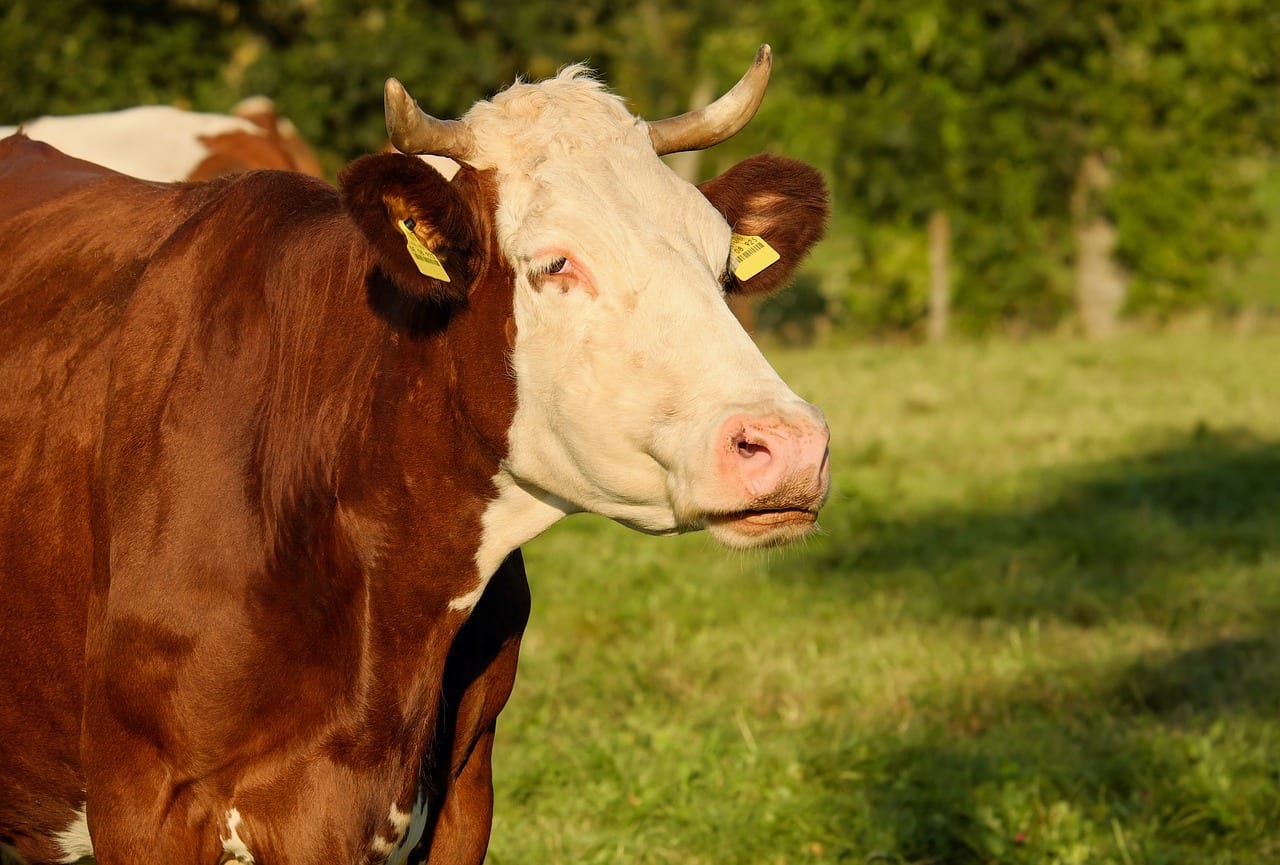
On-farm inspections and testing will continue, but only in line with the latest health advice.
DAERA Minister Edwin Poots made the announcement on Tuesday evening.
He said: “These are worrying times for us all and COVID-19 has, and continues to, force us to consider the ways in which we work, and our current working practices.
“My Department, in consultation with the local agri-industry and colleagues across the UK, has drawn up guidelines for the safe delivery of on-farm inspections and tests. We are committed to helping the industry in maintaining our food supply, which is central to everyone’s wellbeing.
“A key role in this includes the ongoing assurance of animal and public health through the application of official controls, of which the routine testing of cattle for bTB for example, is just one very important component. This keeps us in line with other jurisdictions and will be kept under review as the situation develops.”
When anyone comes on to a farm, vet or otherwise, farmers should protect themselves and others by following the advice from the Public Health Agency, including social distancing, self-isolating and staying at home if affected by coronavirus symptoms of either a high temperature or new, continuous cough.
Guidelines have been shared with the representatives of the veterinary profession. All vets must consider if social distancing can be maintained at tests, and if it cannot the test should not be undertaken.
FAQ
If a farmer or his family are self-isolating due to someone displaying symptoms, what happens if their herd is due a TB test?
If a farmer has symptoms of COVID-19 (high temperature and/or a new, continuous cough) then the advice is that you need to self-isolate at home. In this case, you should not present your cattle for TB testing and would need to make alternative arrangements for someone else to present them. If this is not possible, then you must immediately contact your Private Veterinary Practitioner (PVP) or DAERA veterinary inspector who carries out your TB testing. They will discuss rearranging your TB test with you, taking into account veterinary resource available at that time. If the test cannot be rearranged within your testing window, ask your PVP to contact DAERA so this can be recorded.
This will also apply a farmer is required to self-isolate at home due to someone in their household showing symptoms of COVID-19; or if a farmer needs to self-isolate at home due to age, a long-term health condition, pregnancy or a weakened immune system.
Will cross compliance penalties be imposed if the test is overdue and cannot take place?
Until further advised, keepers will not be referred to the paying agency for overdue TB tests if they and/or their PVP advise DAERA that the test could not be completed during the testing window for reasons associated with the COVID-19 pandemic. Farmers must still aim to complete TB testing on time, and if possible contact their PVP or DAERA to discuss their situation before their test becomes overdue. The procedures in place to enforce overdue TB testing will be kept under review.
What happens when my cattle herd is under movement restrictions whilst waiting for an overdue TB test to be completed?
Whole herd movement restrictions are automatically placed on cattle herds that become overdue with their TB testing, and their officially TB free status is suspended. This is because once a test becomes overdue, the TB status of the herd is unknown and it is a potential risk to other herds. Where this applies, farmers will need to apply to DAERA for a licence to move cattle onto or off the holding.
Would the farmer still be able to sell cattle for direct slaughter if their test is overdue?
Yes. Until further notice the farmer should disregard notices that may be or have been sent to him restricting slaughter. We are working to make adjustments to APHIS to facilitate moves direct to slaughter to keep the food supply moving.





